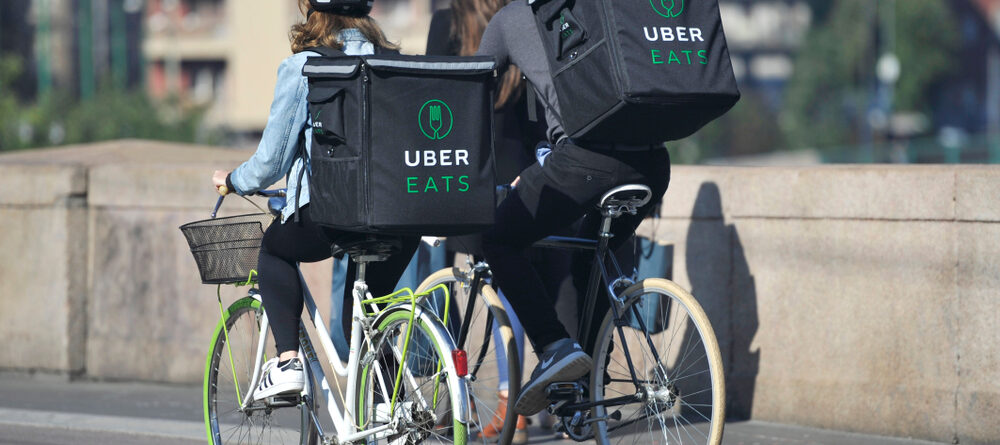UK. Thousands of gig economy workers in line for improved labor conditions
While not a change in the law, business minister Jane Hunt said the guidance was “tidying up the rules” to help workers find out if they are being treated fairly by their workplace.
It follows the landmark Uber Supreme Court judgment in February last year, which held that individuals in the gig economy qualify as workers.
This entitles them to core employment protections including earning at least the National Minimum Wage as well as being given paid holiday leave and a company pension.
Employment status affects everyone who works, with basic pay, leave and working conditions dependent on whether a person is an employee working for one company full or part time, a worker contracted with one or several companies, or a self-employed individual with full control over who they work with.
So-called gig economy workers typically work for one or a number of services, such as cab drivers working for several ride hailing apps or delivery workers taking orders from multiple services.
Over the past decade an increasing number of companies, including Uber, opted not to employ individuals working for them, instead treating them as self-employed.
By doing this, they saved themselves considerable employment costs by avoiding having to pay employers’ National Insurance Contributions and statutory workplace pension contributions.
Red more @Your Money
306 views










